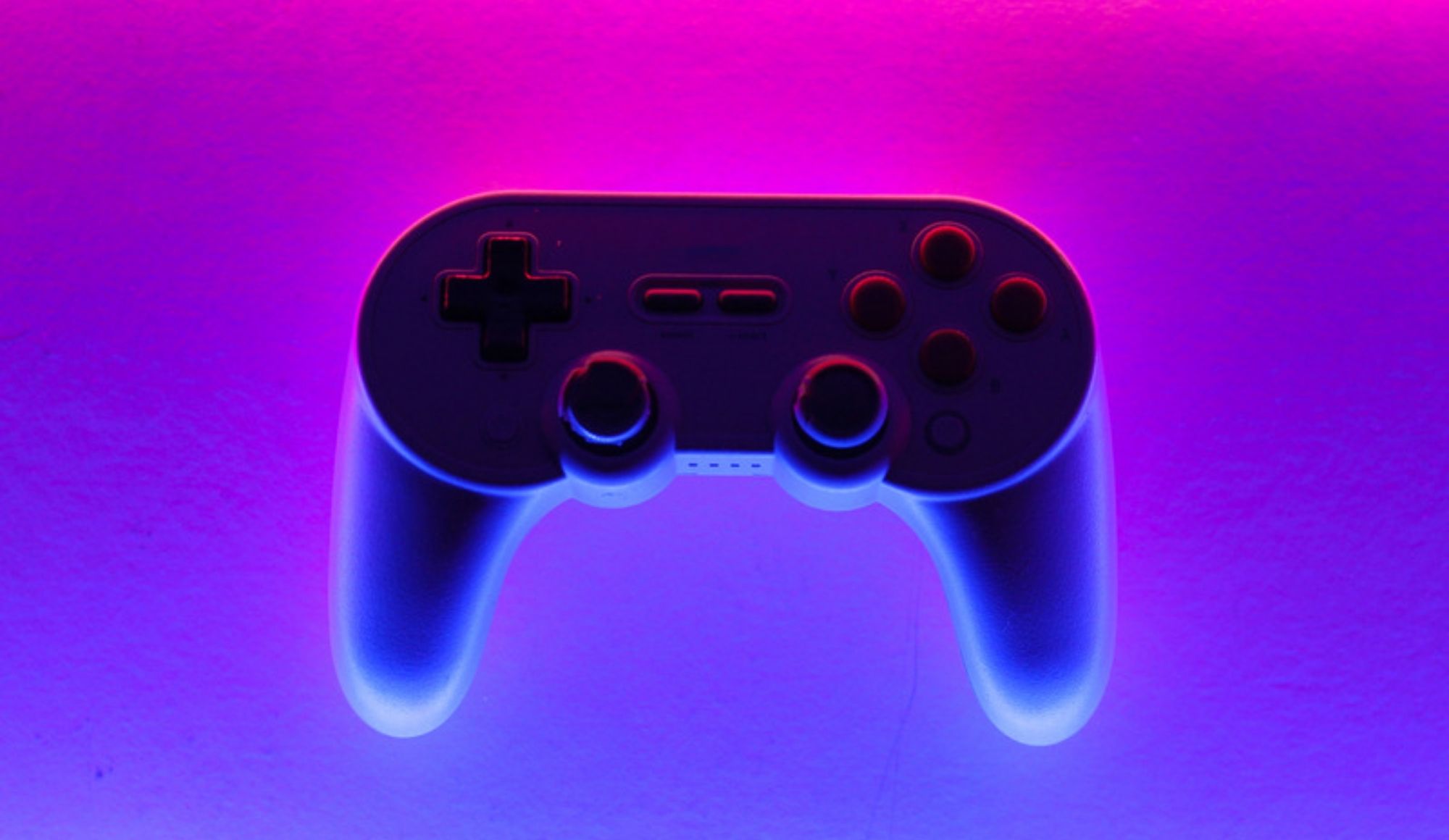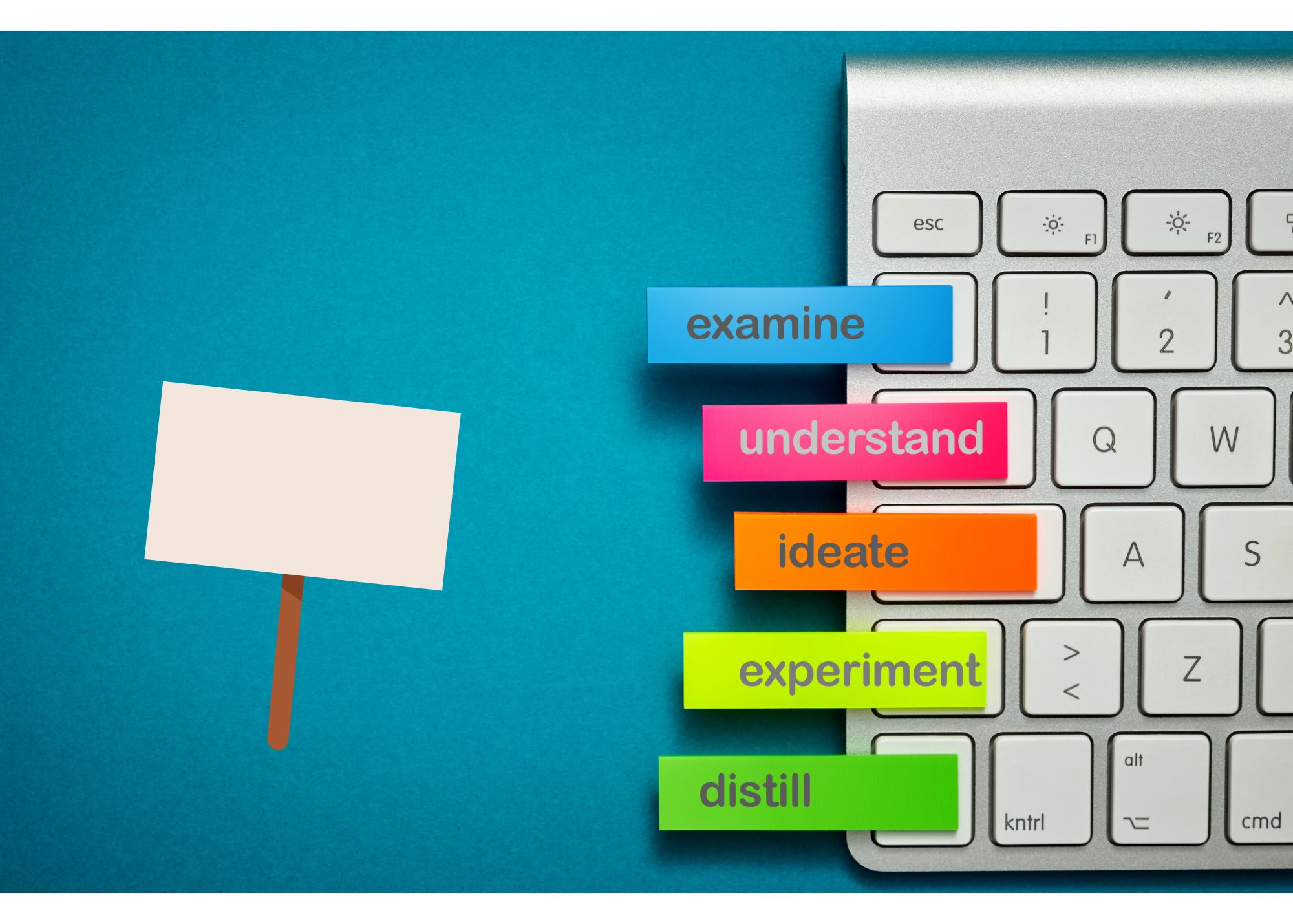Unity Software (NYSE:U) provides a
2D and 3D development environment for games and other content. Developers using the Unity engine can create and monetize their own content, including real-time 3D content. The software is used in architecture, design and animation but is most prominent in the gaming sector.
The stock has sold off by nearly 70 percent this year as tech stock prices have headed for the gutter. Like many embattled companies, investors are now eyeing Unity to see if it has become undervalued after the selloff.
Why Is Unity Down So Much This Year?
In part, Unity’s dramatic plunge is a result of the general tech selloff that has occurred in 2022. Tech companies valued at extremely high multiples to their current earnings have shot downward as COVID restrictions eased and the Fed raised interest rates to combat inflation. Like most other high-growth tech firms, Unity Software has sold off significantly in response to these trends.
The selloff has also been fueled by unique problems for Unity, namely
unusually low Q2 growth guidance. Due to problems with a new digital monetization app and other headwinds, the company is only expecting revenue to grow by 6-8 percent in Q2. Coming off of full-year growth of 44 percent in 2021, this number seems to show a significant slowdown on the horizon for Unity Software.
Earnings, Revenue and Growth
Briefly disregarding the lackluster forward guidance, Unity Software’s Q1 earnings report was reasonably positive. Revenue reached
$320.1 million, an increase of 36 percent year-over-year.
The number of customers generating over $100,000 annually grew from 837 to 1,083.
The company also achieved positive free cash flow of $86.4 million. In Q1 2021, cash flow was -$100.6 million.
Earnings were, however, a weak spot in the Q1 report. The company lost $0.60 per share, down from $0.39 a year earlier. These growing losses, in combination with the lower revenue growth forecast, concerned investors and contributed to the selling pressure on Unity’s stock.
Target Price and Valuation
In the short term, analyst price forecasts offer a mixed view on Unity. The median target price is $55. If achieved, this would give the stock an upside of 23.5 percent.
However, this median may be misleading due to the extremely wide range of forecasts analysts have offered. Price targets run from $105 on the high end to $27 on the low. This implies a return range of anywhere from 135.8 percent to -39.4 percent. In this case, therefore, analyst forecasts are simply too disparate to offer many useful insights.
The company’s valuation metrics, however, have improved substantially with the recent selloff. Trailing 12-month price to sales is down to 9.0 from a 2021 range of 25-40.
Price-to-book, meanwhile, has reached 4.7 after spending 2021 in double-digit territory. During the highs the stock reached last year, it was widely believed that Unity would have to sustain extremely high rates of growth in order to justify its valuation. While it still needs to grow and achieve profitability, Unity has a much lower bar to clear at today’s prices.
Will Unity Software Stock Recover?
As you can see, the selloff of Unity Software isn’t without its merits. The current economic environment is much less favorable to high-growth tech firms than that of a year ago, and the company is experiencing real headwinds in terms of both growth and earnings. However, the downside isn’t the whole story.
To begin with, Unity still appears to have good long-term growth prospects. While Q2 will likely not be a stellar quarter for the company, a single bad quarterly report doesn’t undermine the basic investment thesis behind the stock.
In this sense, the radical selloff of Unity Software seems to be partially due to investors missing the forest for the trees. Unity has outperformed the gaming industry as a whole in terms of growth, and there’s no reason to believe it is losing its long-term edge yet.
In 2021, the number of developers using Unity grew by 31 percent, while the number of games built on the software rose 93 percent. As more developers build their games on Unity, the company will have a larger engaged customer base for future upselling. This, combined with ongoing customer acquisition, should allow Unity to get back on track over time.
A Play On The Metaverse
The company also has
opportunities beyond gaming. As VR and metaverse technology continue to expand, engines like Unity can support 3D real-time environments for meetings, education and other functions. Given Unity’s dominance in the 3D gaming space, it’s reasonable to assume that it will take on a leading role in these areas as well.
Finally, the more favorable valuation produced by this selloff makes Unity’s risks more palatable for investors. The company will almost certainly struggle to match the growth it achieved during the COVID-19 pandemic, but it doesn’t particularly need to at today’s prices. Investors who buy at lower prices can accept slower growth, which is already priced in by the market.
Overall, Unity appears to be poised for a partial rebound. At the moment, it seems unlikely that the stock will regain its
52-week high of $210 in the foreseeable future. That doesn’t mean, however, that the stock lacks merit. Trading at its current prices, there’s at least a decent chance that Unity Software could produce strong returns for investors once it gets past its current challenges and regains better footing on revenue growth.
The company will need to pare its losses and move toward eventual profitability, but it seems to be in a good position to do so. For investors willing to wait out high volatility and hold until conditions improve, Unity Software could be a reasonable stock to purchase. It should be noted, however, that Unity is still fairly risky by virtue of never having turned a profit.



